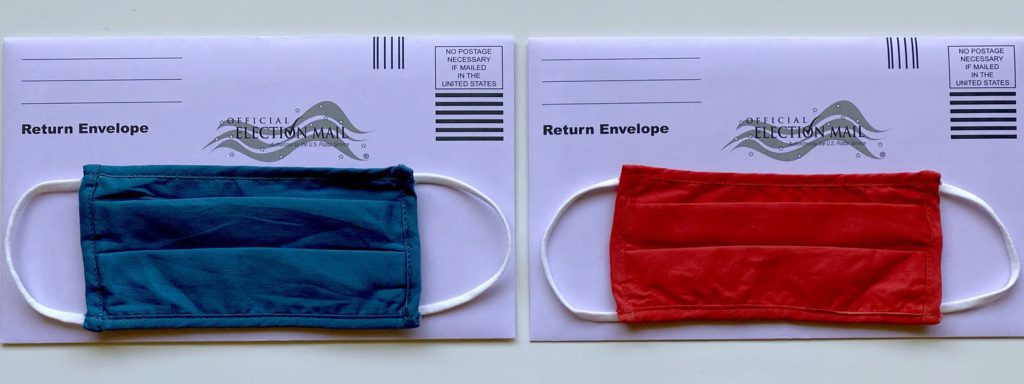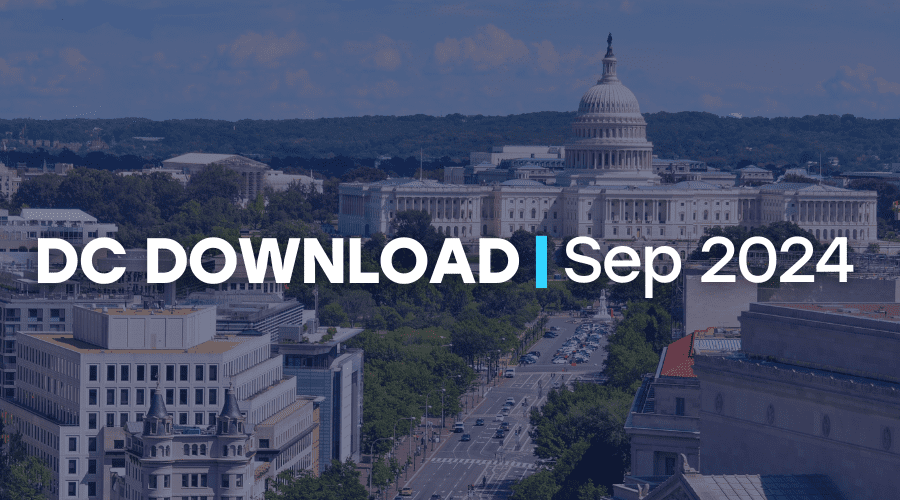Congress is in recess until Labor Day and negotiations about another COVID-19 relief package stalled right before the August recess. But things in DC have been less than quiet these past weeks, as concerns about structural changes in the United States Postal Service (USPS) have lawmakers on both sides of the aisle concerned about timely delivery of prescription medications and Social Security checks, as well as ballots.
Last week, both Democrats in the House of Representatives and Republicans in the Senate released legislation that would provide extra funding for the USPS. Saturday, Democrats in the House passed by party vote the Delivering for America Act (H.R. 8015), which would prohibit the Postal Service from implementing or approving any changes to the operations or service levels in effect on January 1, 2020, that would impede prompt, reliable, and efficient service. The prohibition would remain in effect for the duration of the coronavirus crisis or through January 2021. Additionally, it includes $25 billion in emergency coronavirus funding requested by the Postal Service and requires the Postal Service to treat all official election mail as First-Class mail.
On August 18, Senate Majority Leader Mitch McConnell (R-KY) released a “skinny” version of the HEALS Act, that includes $300 in weekly unemployment insurance benefits through December 27, and would fuel an estimated $158 billion more into the Paycheck Protection Program, the popular small-business loan program that expired August 8. It would also extend liability protections to businesses, schools and health care professionals. It would provide $105 billion for K-12 schools and colleges and universities; $29 billion for COVID-19 vaccine and drug development and distribution; and $16 billion for testing and contact tracing. These appropriations were also included in a package introduced last month. Additionally, the skinny package would convert a $10 billion loan to the Postal Service into a grant if the agency’s financial condition deteriorates.
There were earlier hopes that the Democrats’ bill in the House would include other much needed coronavirus relief measures such as an increase in unemployment benefits, similar to the ones included in the Republican skinny proposal to reactivate the negotiation talks, but Speaker Nancy Pelosi (D-CA) told her members in a “Dear Colleague” letter that a package of economic stabilizers could be taken up at a later date. If things continue the way they are, we will not see a coronavirus relief package until Congress comes back from recess.
Meanwhile Congress has held up two hearings on the USPS issue, one last week by the Senate Homeland Security and Governmental Affairs Committee, and one scheduled for August 24 by the House Oversight and Reform Committee. On Friday, August 21, Postmaster General Louis DeJoy confirmed to Senators that USPS would prioritize delivery of ballots over other mail, an assurance that he had previously declined to provide.
Independent Sector has been following very closely the latest developments with the USPS because nonprofit organizations all over the country rely heavily on the Postal Service for their day to day operations either by providing services through the mail, using it as a tool for fundraising, or to keep connected to their communities.
Additionally, since the pandemic started, Independent Sector continues to advocate for safe and healthy elections. Supporting the appropriation of $3.6 billion in emergency funds to cover the costs associated with implementing the necessary adjustments. Including voting by mail, and making sure that polling places must remain open, safe, secure, and in compliance with public health guidelines during this national emergency. USPS’ ability to deliver ballots effectively and without controversy is key to protecting this most basic aspect of American civil society, the right to vote.



